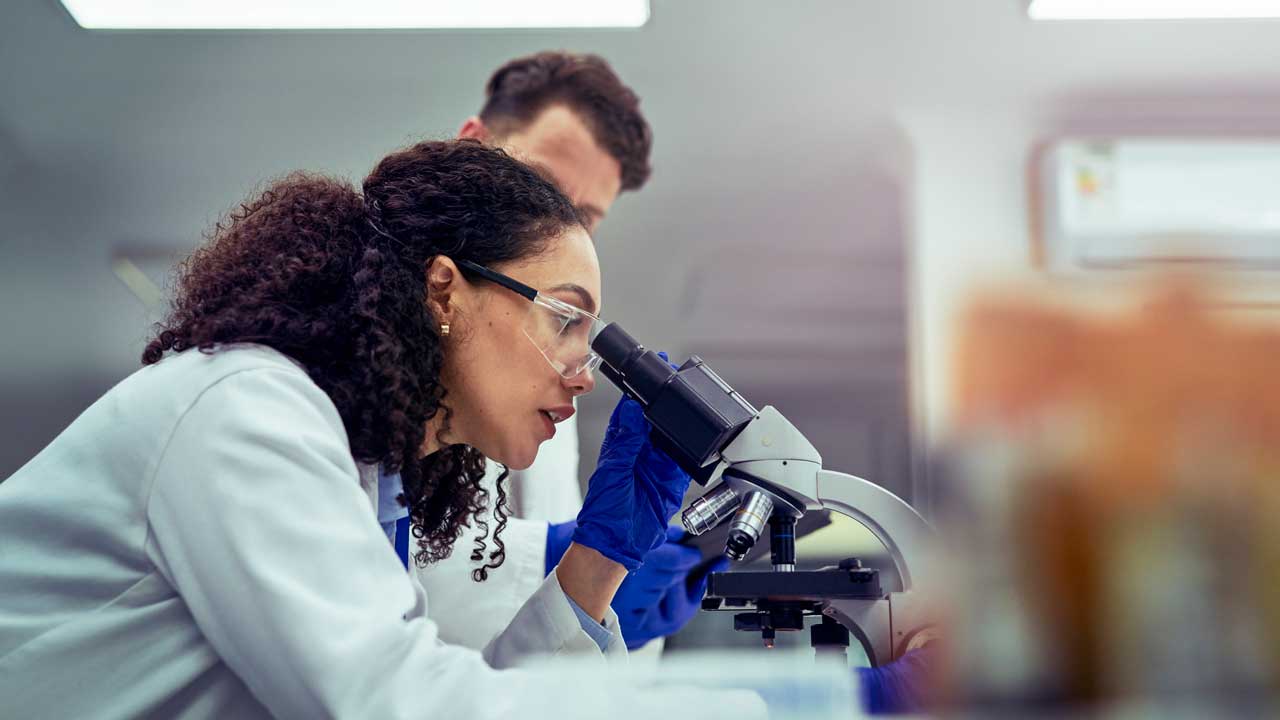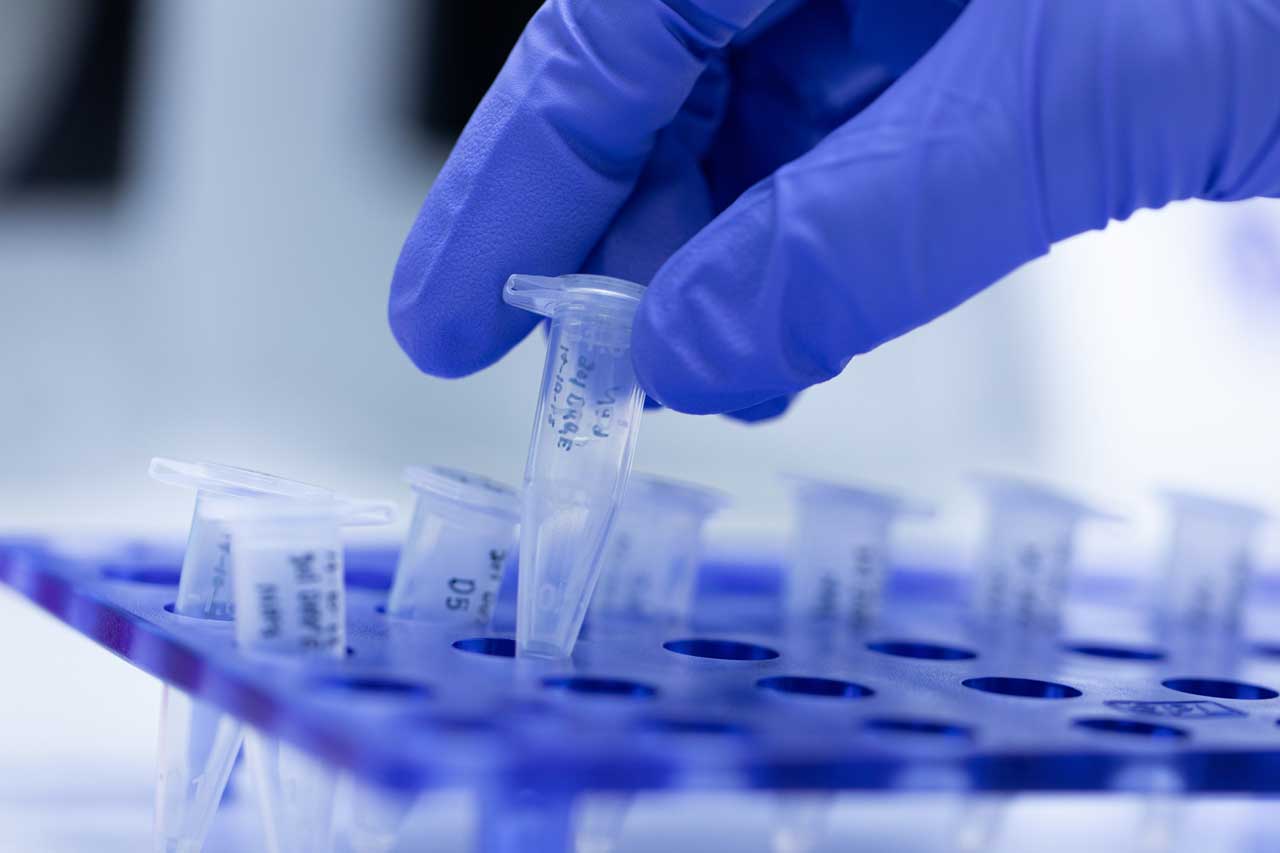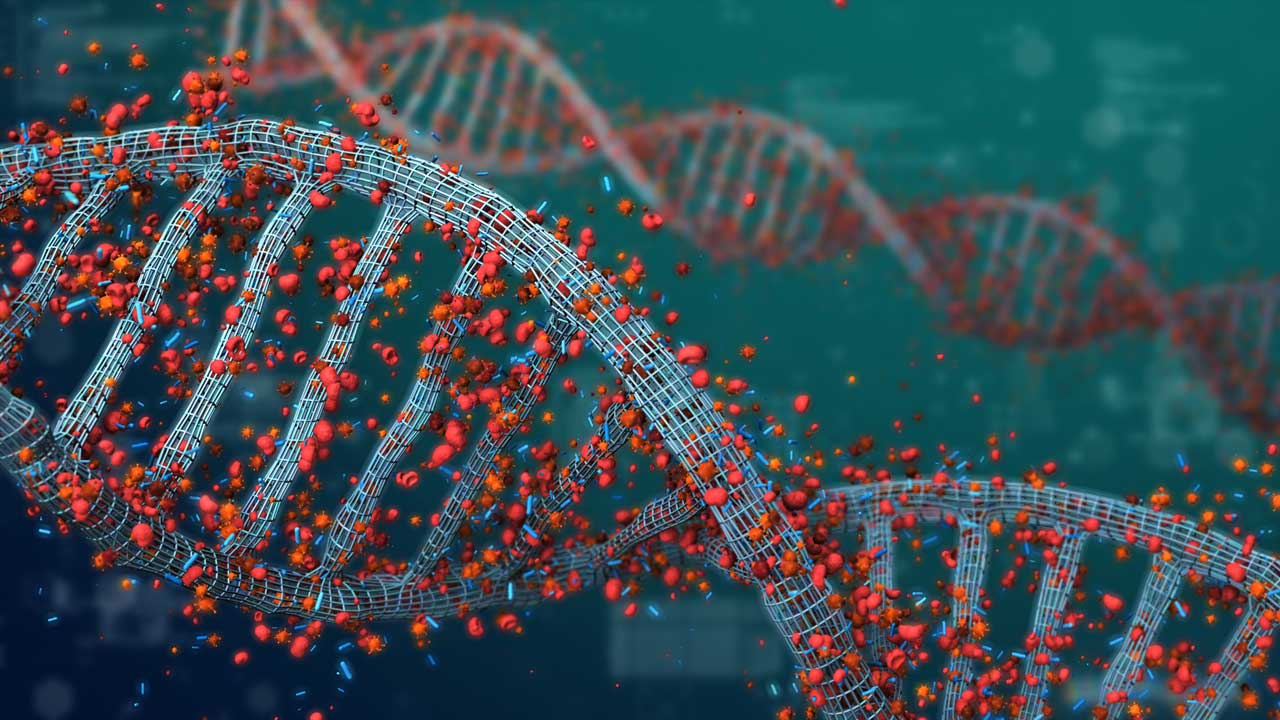
At Adesis, we are keenly aware of the transformative role that high-pressure chemistry plays in the pharmaceutical industry. This advanced field of chemistry is not just a part of our toolkit. In reality, it is a cornerstone of our innovative approach to drug development and synthesis. Leveraging the unique capabilities of high-pressure chemistry allows us to push the boundaries of pharmaceutical research, creating more efficient, safer, and more effective drugs.
Introduction to High-Pressure Chemistry in Pharmaceuticals
High-pressure chemistry involves conducting chemical reactions at pressures significantly higher than atmospheric pressure. This specialized field makes possible reactions that would not be possible under normal conditions, opening up new pathways for molecular synthesis. The fundamental principles of high-pressure chemistry revolve around the effect of pressure on reaction rates, equilibria, and product selectivity.
The history of high-pressure techniques in the pharmaceutical industry dates back several decades, marked by continuous innovation and advancement. Initially used in basic research, high-pressure methods have become integral to modern pharmaceutical manufacturing. These techniques have evolved from rudimentary applications to sophisticated processes, driven by the need for more efficient drug synthesis methods.
High-pressure chemistry offers unique benefits in drug synthesis and development:
- Enhanced Reaction Rates: High pressure can significantly increase reaction rates, leading to faster synthesis and increased productivity. This translates to expedited project timelines and efficient use of resources.
- Access to Novel Chemistry: Some reactions only occur under high-pressure conditions, allowing us to explore new synthetic pathways and create innovative compounds.
- Improved Selectivity and Yield: High-pressure conditions can alter reaction pathways, leading to higher selectivity and better yields. This is crucial in pharmaceutical synthesis, where purity and efficacy are paramount.
- Energy Efficiency: By enabling reactions to proceed at lower temperatures or more quickly, high-pressure chemistry can reduce energy consumption, aligning with our commitment to sustainable practices.
- Scalability: High-pressure techniques can be effectively scaled up for industrial production, a key consideration in pharmaceutical manufacturing.
High-Pressure Reactions Common in Pharmaceutical Chemistry
In pharmaceutical chemistry, high-pressure reactions such as hydrogenations and carbonylations are commonly employed. Hydrogenation reactions under high pressure are crucial for adding hydrogen to molecules, a key step in creating many drugs. Carbonylations are also frequently conducted under high pressure to achieve the desired efficiency and selectivity.
The advantages of high-pressure reactions over traditional methods are manifold. High-pressure conditions often result in higher reaction rates, reducing synthesis time significantly. They also allow for greater control over reaction parameters, leading to enhanced selectivity and better yields. Furthermore, high-pressure reactions can sometimes be carried out under milder conditions, which is beneficial for sensitive pharmaceutical compounds.
Advancements in High-Pressure Reaction Equipment and Technology
Recent advancements in high-pressure reaction equipment have been game-changing for the pharmaceutical industry. Modern high-pressure reactors are designed for enhanced safety, precision, and scalability. They come equipped with advanced monitoring and control systems, allowing for fine-tuning of reaction conditions to achieve optimal results.
The safety, scalability, and control improvements in high-pressure reactions cannot be overstated. Enhanced safety features reduce the risk of accidents, a crucial factor in pharmaceutical manufacturing. Scalability ensures that reactions developed in the lab can be efficiently translated to industrial-scale production. Improved control systems enable precise manipulation of reaction parameters, leading to consistent and high-quality results.
At Adesis, our investment in cutting-edge high-pressure equipment has had a profound impact on our pharmaceutical R&D efforts. We can conduct a wider range of reactions more safely and efficiently, pushing the boundaries of what’s possible in drug development. This investment underscores our commitment to innovation and excellence in pharmaceutical research.
High-Pressure Chemistry for Complex Molecule Synthesis
High-pressure chemistry is particularly effective in the synthesis of complex molecules and novel compounds. This approach allows us to construct intricate molecular architectures that are challenging to produce under normal pressure conditions. By manipulating pressure, we can access unique reaction pathways and intermediates essential for crafting sophisticated pharmaceuticals.
The impact of high-pressure chemistry on expanding the boundaries of synthesis in the pharmaceutical field is significant. It enables the creation of new drugs with improved efficacy, safety, and specificity. By overcoming synthetic challenges, high-pressure chemistry allows us to meet the ever-increasing demand for advanced therapeutic agents.
Safety Protocols and Standards in High-Pressure Chemistry
Safety is paramount in high-pressure chemical reactions, especially in the context of pharmaceutical manufacturing. High-pressure systems present unique risks, and at Adesis, we adhere to strict safety protocols to mitigate these risks. Our safety measures are designed to protect our personnel and products, ensuring that all high-pressure chemistry is conducted responsibly and safely.
Standard safety protocols in high-pressure chemistry include regular equipment inspections, rigorous personnel training, and emergency response plans. Our equipment also implements advanced safety features, such as pressure relief systems and robust containment measures. These protocols are essential for maintaining a safe working environment and ensuring the integrity of our chemical processes.
Future Trends and Potential in High-Pressure Pharmaceutical Chemistry
The future of high-pressure chemistry in pharmaceuticals is marked by exciting potential and emerging trends. Innovations in equipment and techniques are expected further to enhance the efficiency and scope of high-pressure reactions. These advancements will likely lead to discovering and developing new drugs that were previously impossible to synthesize.
We predict that high-pressure chemistry will be increasingly vital in drug development. As the pharmaceutical industry continues to seek out more efficient and sustainable manufacturing processes, high-pressure techniques will become more prevalent. These methods will be instrumental in addressing some of the most pressing challenges in pharmaceutical R&D.
We are committed to staying at the forefront of these developments in high-pressure chemistry. We continuously invest in the latest technologies and research to ensure that our services remain cutting-edge. Our dedication to innovation in this field is part of our broader commitment to advancing pharmaceutical science and delivering the best possible outcomes for our clients.
Rely on Adesis To Maximize the Applications of High-Pressure Chemistry
Choose Adesis as your partner in harnessing the full potential of high-pressure chemistry in the pharmaceutical industry. Our expertise, state-of-the-art facilities, and commitment to safety and innovation make us a leader in this field. Whether you’re developing new pharmaceuticals or looking to optimize existing processes, our team is ready to provide the solutions you need. Contact us today to explore how we can support your high-pressure chemistry needs and drive your projects to success.


